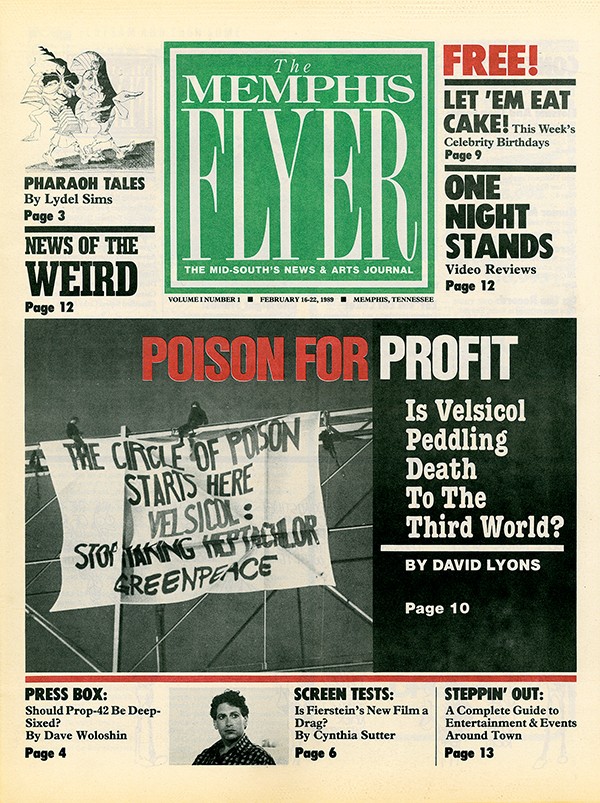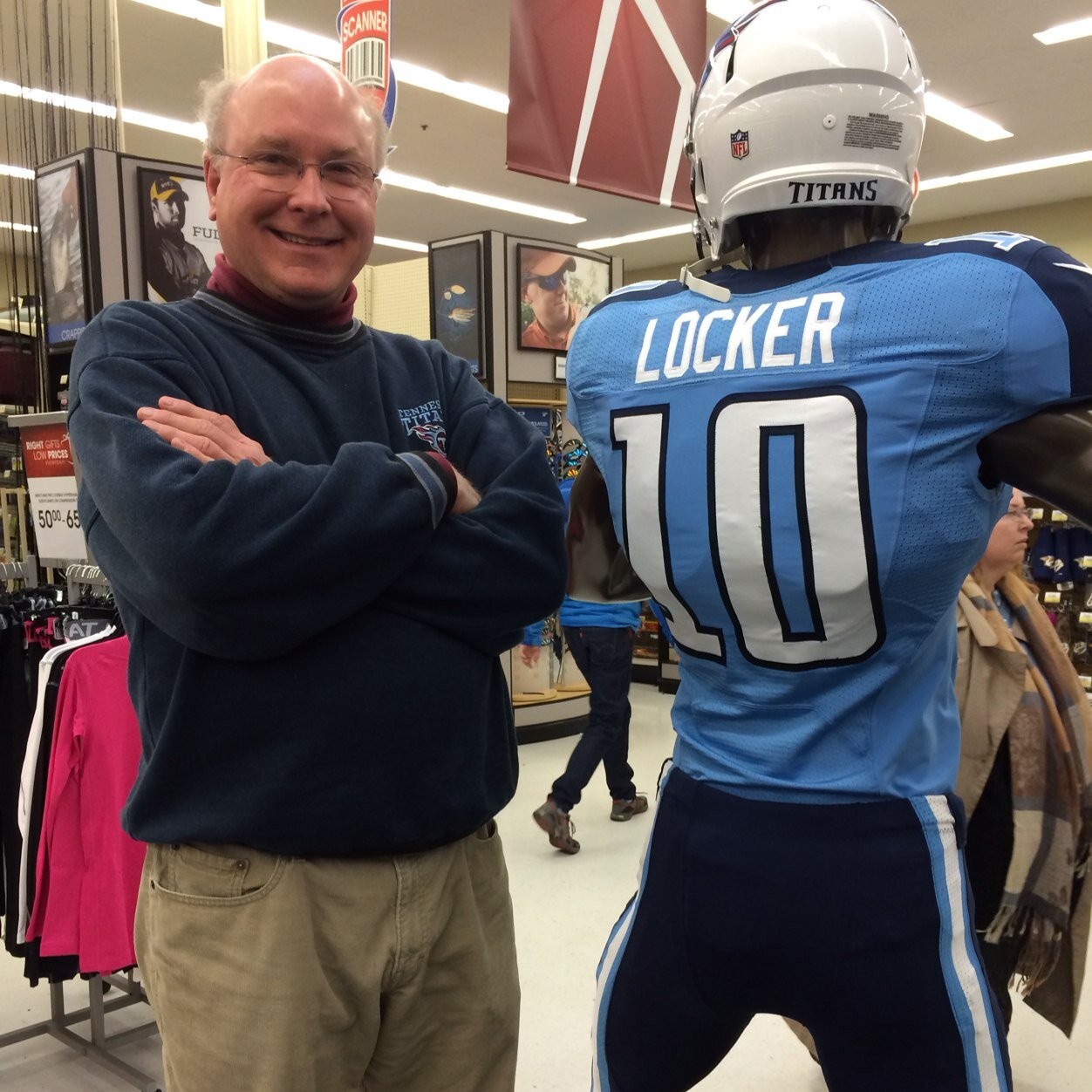If there was ever a news item worthy of the “Dammit Gannett” tab, it’s this. Via The Nashville Scene:
“Editors at the [Gannett] chain’s papers around the country were informed two weeks ago that deadlines for the print edition could not be extended in order to cover elections. As a result, Wednesday’s editions of The Tennessean, Commercial Appeal and Knoxville News-Sentinel will not have final results for some of the most closely contested statewide races in years.”
 Justin Fox Burks
Justin Fox Burks
“We do not believe print is a vehicle for breaking news,” Tennessean vice president and editor Michael Anastasi was quoted as saying.
Anastasi’s not wrong, of course. Broadcast and online media do have advantages when it comes to live and breaking news. How that absolves daily print editions from obligations to print subscribers and expectations of mere currency remains a mystery.
Folks who pay for paper say it with me now: Dammit!
UPDATE: NiemanLab weighs in:
“Conceptually, the push to separate print — “not a vehicle for breaking news,” that Gannett memo notes — from digital makes a certain sense, of course. And not adding any extra pages of newsprint for election results does save money. (“As you plan for print, please remember that we have tight controls on newsprint costs,” says the memo. “Any pages added need to be ‘made up’ by the end of the year preferably in November.”)
At the same time, it is those incredibly loyal print readers — the ones who have stood by newspaper companies through cut after cut in staff and in the product — who will now see that loyalty tested, again. Gannett, like a number of other newspaper companies, has more than a third of its print subscribers ages 70 or above in many markets. Most read in print; digital is a second and lesser option. (E-edition readers, who essentially get the print paper in digital form, will also be impacted by this decision.) Those subscribers, at Gannett and elsewhere, have seen their subscription rates hiked again and again, raised to the very limits of econometric modeling.”
Ken Doctor’s column notes that, in an effort to push more readers online Gannett is dropping its paywalls for 48 hours, enabling anyone with internet access to read Gannett’s election coverage. It’s a good read that takes a hard look at recent economic and subscriber history.
“What those numbers tell us is that that road to a mostly/fully digital future gets narrower month by month. Digital subscriptions — which sell at much lower prices than print ones, though with lower marginal costs — are gaining ground much too slowly. Given the combination of higher prices, a lesser product, and even increasingly erratic home delivery, print subscribers may provide less of a lifeline to the digital future than Gannett and other publishers now assume in their whiteboard calculations.”
Read it all here.

